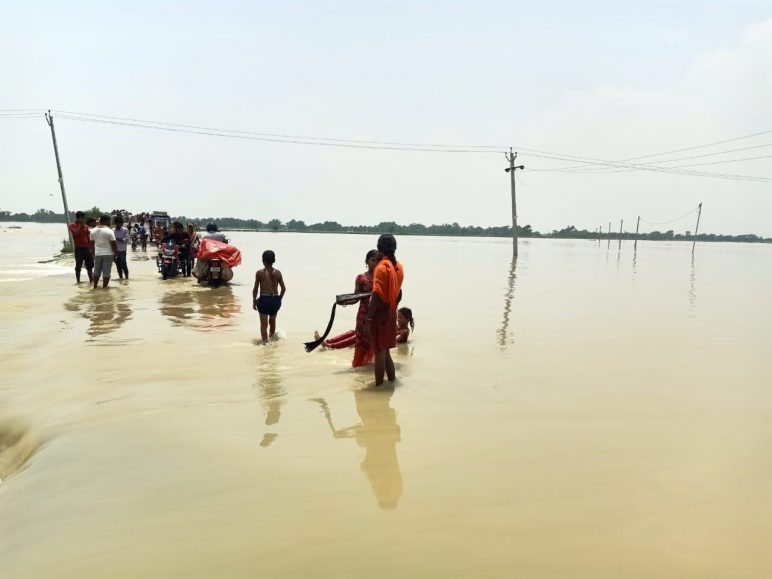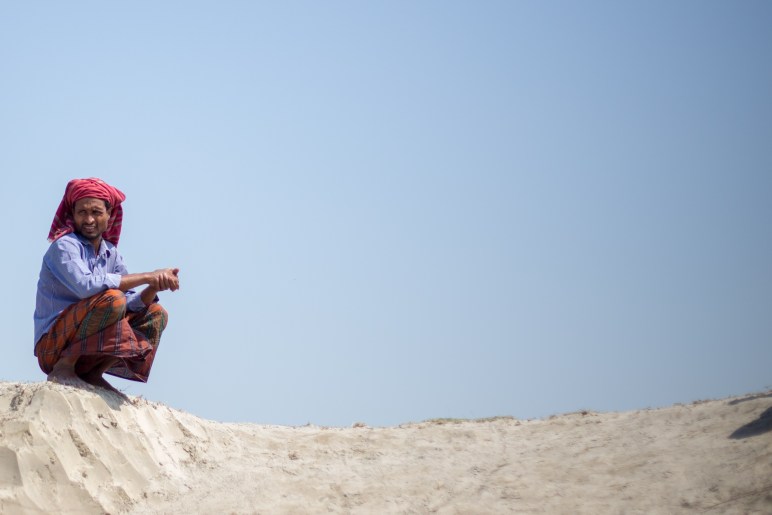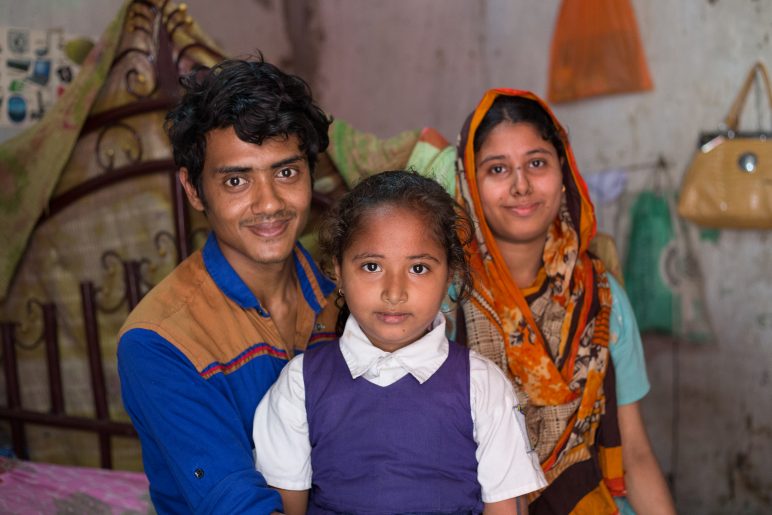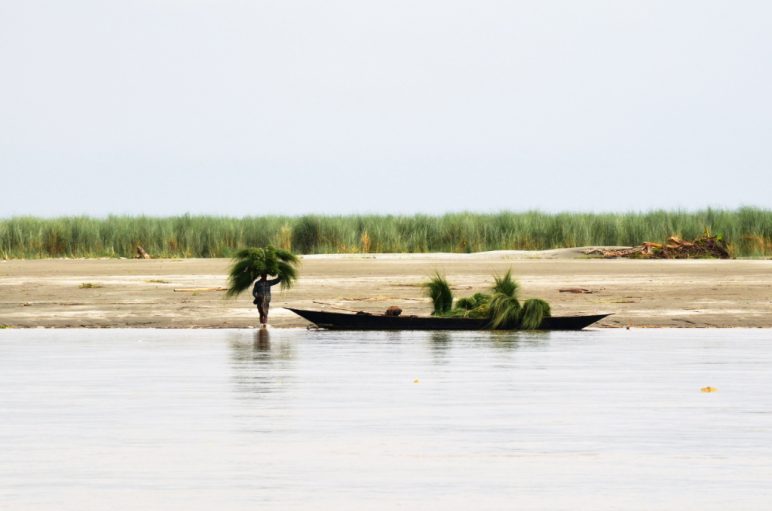Medical workers treated the sick after putting on their personal protective equipment (Photo from CEDAR’s partner)
“For poor places, [the spread of COVID-19] implies calamity.”
‘The Next Calamity’, The Economist, 28th March
Globalisation has made it impossible for any one country to avoid the risk of being affected by contagious diseases. When there is a pandemic, developed countries can still make use of their resources to procure pandemic prevention materials. They can also utilise their financial reserves to mitigate the impacts of the pandemic on their medical systems and economies.
For many poor and densely populated developing countries, their medical systems were already vulnerable even before the pandemic and there had always been a lack of social welfare. When this pandemic of the century strikes, its impact on societies and people’s livelihoods are disastrous, as noted by the Economist.
The reality is that the first sign of disaster has already appeared.










